
How to Troubleshoot Your RV Air Conditioner
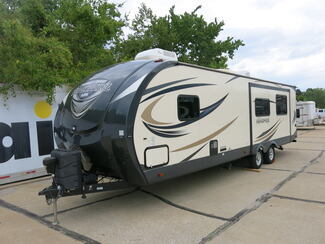
RV Air Conditioner Components: What You'll Find "Beneath the Hood"
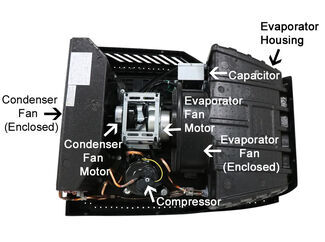
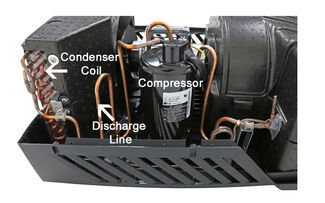
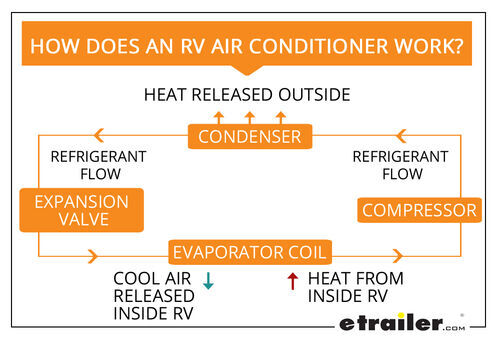
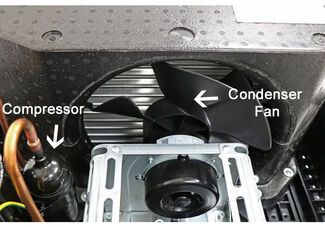
How to Troubleshoot an RV Air Conditioner
RV AC Power Issues
1. Why Won't My AC Turn On?
2. Why Does My RV AC Trip the Breaker?
3. Why Does My AC Compressor Kick On and Off?
4. Why is My RV AC Freezing Up?
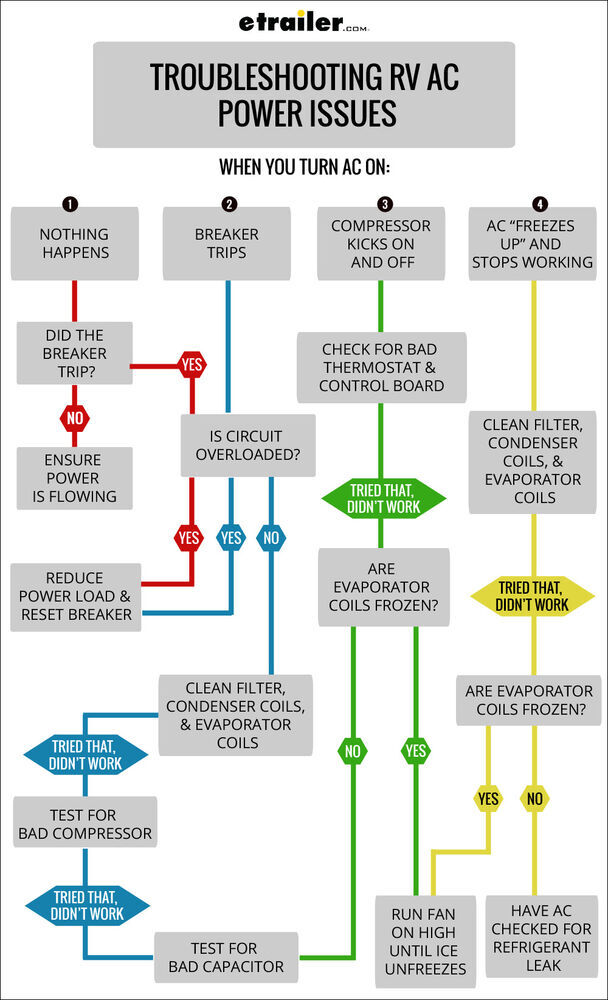
RV AC Airflow Issues
1. Why Is My RV AC Not Blowing Cold Air?
2. Why is My RV AC's Airflow Weak?
3. Why Does My RV's Heat Not Keep Me Warm?
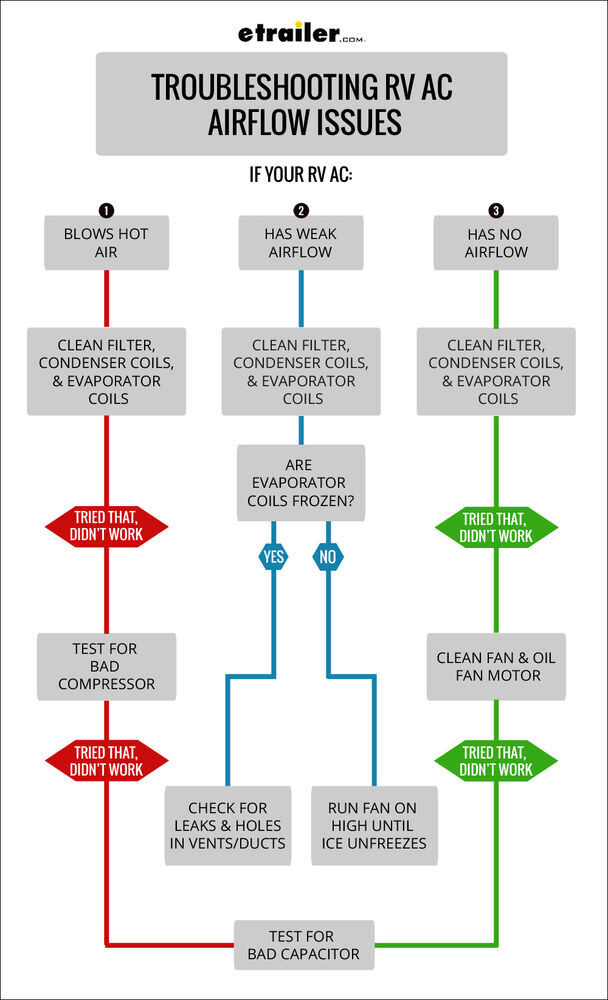
Other RV AC Issues: AC is Loud, Leaks, or Reeks
1. How Can I Make My AC Quieter?
2. Why is My RV AC Leaking Water?
3. Why Does My RV AC Unit Smell Musty?
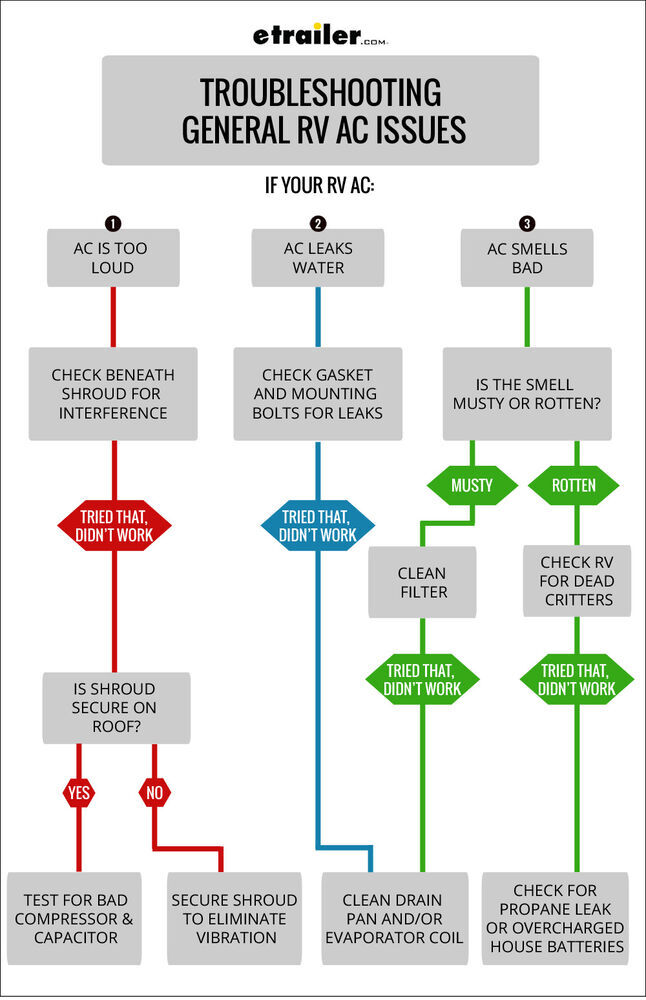
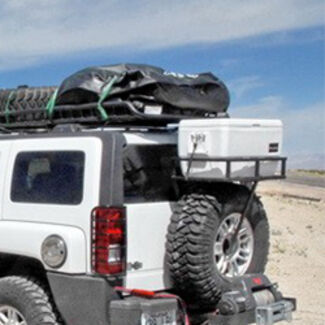

Clarence H.
7/26/2022
my AC on my RV Trailer will run on fan only but nothing runs on Cool. The breaker was tripped but after resetting the breaker, it never trips again when calling for cool
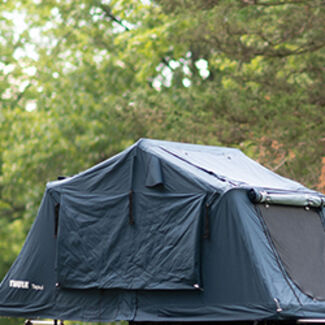
Barry B.
4/11/2022
nuwa 2005 I got no electricity going to my bored inside for the AC I buy a new one new new fuse don't have no electricity coming in I reset the button reset the fuse all the breaker still nothing


Departments
Towing
- Trailer Hitch
- Fifth Wheel
- Gooseneck
- Towing a Vehicle
- Front Hitch
- RV Hitch
- ATV Hitch
- HD Truck Hitch
- Vehicle Wiring
- Brake Controller
- Ball Mounts
- Weight Distribution
Sports and Recreation
Trailer Parts
- Utility Trailer
- Boat Trailer
- Landscape Trailer
- Enclosed Trailer
- 5th/Camper Trailer
- Car Hauler
- Horse Trailer
Vehicle
Contact & Help

What our customers are saying:
"The people answering the phones were professional & knowledgeable. All this and the best prices on the internet, How can you go wrong?"
Popular Vehicles
- Subaru Forester
- Ford F-350 Super Duty
- Ford F-250 Super Duty
- Chevrolet Silverado 1500
- Jeep Wrangler Unlimited
- Jeep Wrangler
- Ram 3500
- Toyota Highlander
- Ram 2500
- Chevrolet Silverado 2500
- Subaru Outback Wagon
- Chevrolet Silverado
- Dodge Ram Pickup
- GMC Sierra 2500
- Ram 1500
- Ford F-250 and F-350 Super Duty
- Jeep Grand Cherokee
- Toyota Tacoma
- GMC Sierra 3500
- Toyota Tundra
- Ford Escape
- More >>






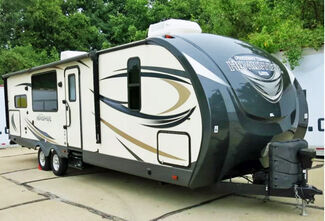
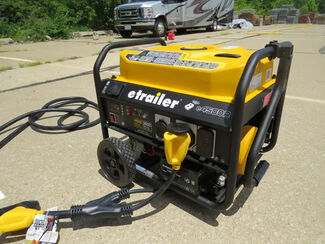
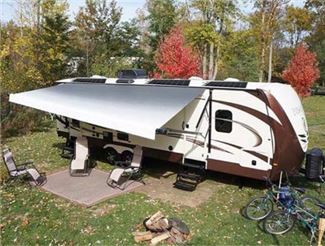
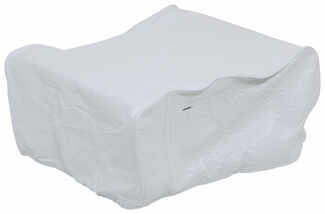
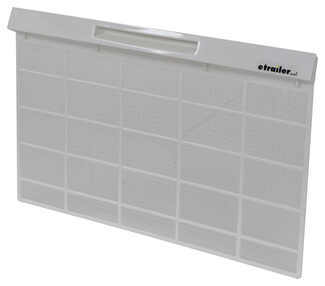
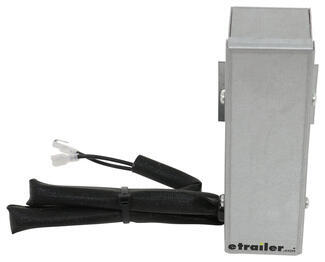
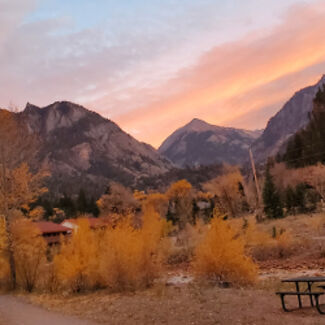



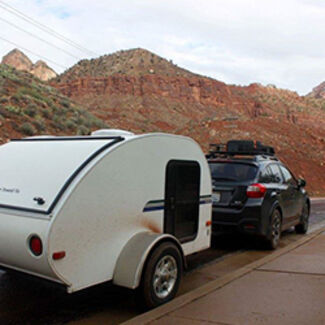





















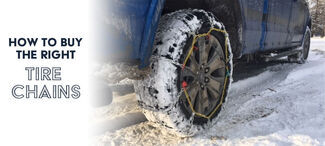



Rob M.
4/25/2024
Brand new advent 150000 btu installed, trip double 20's amp breakers a few times,so I move it to a single 20amp, didn't trip anymore,then compressor would come on for 5 seconds and jump back off, now the compressor isn't coming on at all,fans blows strong by no compressor coming on. Any feed back would be greatly appreciated.